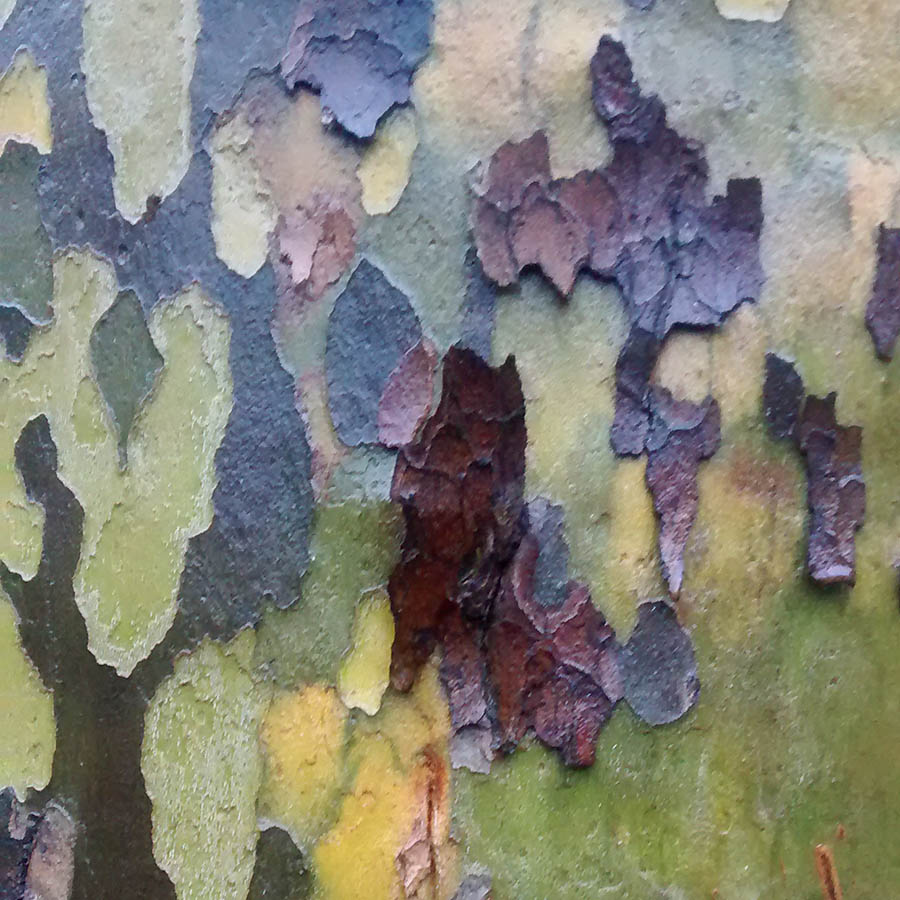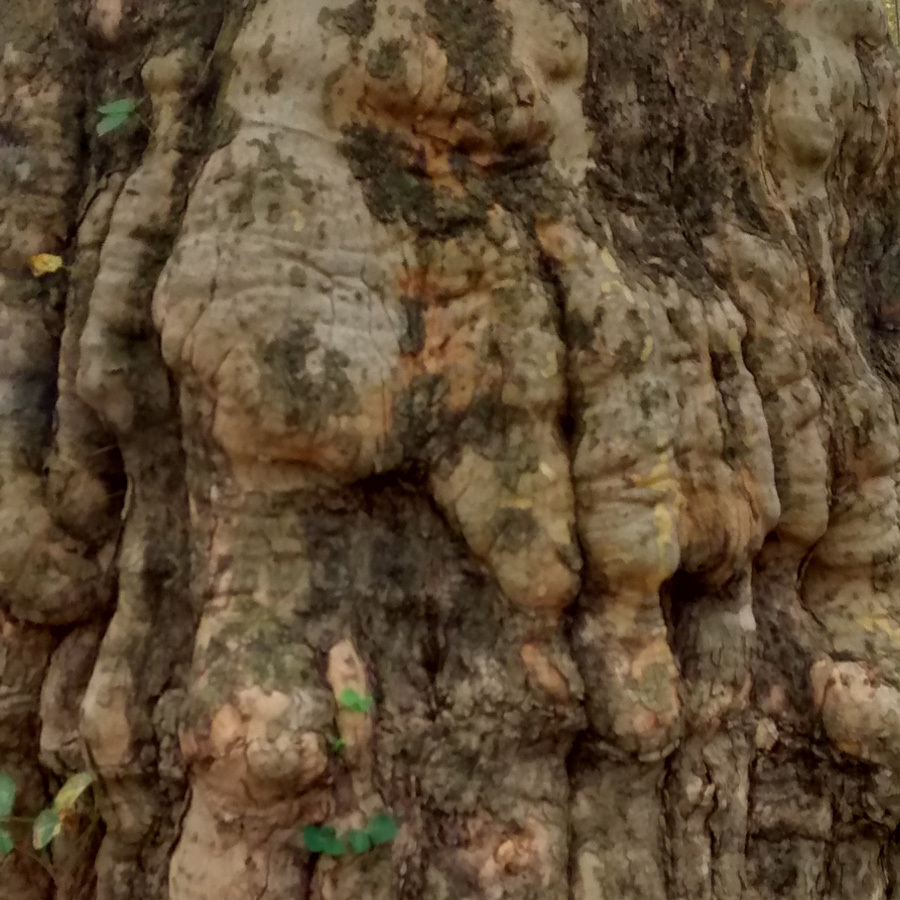If you want a $30 for 30 minutes consultation with Brian, contact me, and we will set it up.
“Once you get home, there’s a natural inclination to go back to the way you previously functioned. So the project now is to keep mining down into what the medicine gave me.”
I see addictions and compulsions as coping mechanisms for emotional pain.
In Holistic Psychotherapy, whether your problem is drugs, alcohol, sex, food, gambling or any other compulsion, I focus on the role this coping mechanism plays in your inner system. We work to release you from the original emotional pain, so that the coping mechanism can let go of its extreme position and let you be safe again. I also work on the practical level, creating plans and strategies to help you reach your moderation or abstinence targets.
If you have taken a psychedelic like ibogaine, psilocybin or ayahuasca for drug use or drinking, you may have found your withdrawals symptoms are now subsided or gone. And whatever kind of addiction you took the medicine for, even if it’s a non-drug addiction like sex or food, the treatment may have also hit the mute button on your compulsions. But the medicines are said to interrupt addiction, not end it. They create an opportunity for change, but even the most magic of magic medicines will not do all the work on its own. We often have to grow our way out of an addiction, and the change process now depends on you.
There are three dimensions to this process of change: the practical, the emotional, and the spiritual. My objective is to help you in all three.
The Practical
If you are going back home after your treatment, then you may be going back to the places where the trouble happened. It’s easy to return to old behaviors when they are all around you. I work with you as your coach, helping you deal with problems as they arise, and helping you retool your life for success. This can include:
Figuring out your habits around your compulsion, and how to establish new ones. What goals do you want to set around drug use, drinking, and any other ‘bad habits’?
What are the stresses in your life? Are they to do with your job, where you live, or your relationships? Are there particular social situations coming up that you would want to make a specific plan around?
It’s not easy to replace something as powerful as an addiction with a blank. What kind of new activities will fill the hole your addiction leaves?
If you have recently taken ibogaine, it’s possible that right now you are living with a strong sense of well-being, and not feeling that much needs to be done. This may mean you are in the ibogaine glow, or grace period, where residual ibogaine alkaloids stay in the body for several weeks or months. This glow period will come to an end, and your best bet is to use it as a chance to set up the structures you need to start a new life.
The Emotional
Compulsions usually have a deeper source than your surroundings, and when drug use is compulsive or out of control, trauma of some kind is at the root. That may be the trauma of the bad things that happened to you, and it may be the trauma of what didn’t happen but should have – the love, connection and nurturing you needed but didn’t get. Either way, the result is inner conflict, shame, mood swings, and the feeling of a void that exists deep inside.
The job of an addiction is to distract you from this emotional pain. In healing, you populate the void so it becomes a stable, loved, reclaimed part of you, and no longer has to be filled in desperate ways. We do this using Holistic Psychotherapy, a method that resembles the plant medicine experience itself, where you:
Return to your plant medicine experience for resources and ongoing healing.
Develop healing imagery that spontaneously arises inside you today.
Reconnect with young parts of yourself that got hurt, and repair their wounds.
Explore and release emotional energy that is trapped or tangled inside your body.
Resolve traumatic memories and process away their toxic charge.
When your wounds are healed, your coping mechanism doesn’t need to protect you so violently anymore.
The Spiritual
A modern day dose of plant medicine can be the same as in an indigenous initiation ceremony. This gives you an opportunity to contact spiritual resources and grapple with the issues of purpose and meaning that underlie most of our modern day ailments. If you had a spiritual experience with the plant medicine, you can reconnect with it in Holistic Psychotherapy and keep the connection alive. Very often:
Even when the plant medicine experience is over, you can reconnect with figures from it, and with your sense of the sacred.
You can “dream the dream forward” from your psychedelic experience, and start a new journey into the imaginal realm.
You can finally touch the place of chaos inside, and bring it some peace.
You can maintain that sense of peace by “going inside” on a regular basis.
We took drugs in the first place because they worked for us, and the trouble is that they worked so very well. They added color to life when we were bored, they made it easy to socialize, and they made the pain go away when it seemed nothing else would. So figuring out how to not do drugs, or any other addiction, is only part of the picture. You also need to find the new things that will fill the hole the addiction has left. But there is a deeper challenge than even that: you will want to find the truly satisfying way of being that your soul longs for, and for which addiction was just a stopgap all along.






